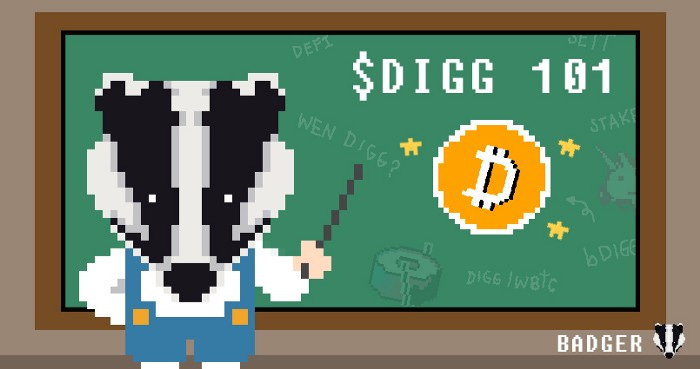DIGG Trading Strategy
How to deal with airdrops? How to deal with rebase tokens?
The question of how to treat airdropped tokens is something I’ve been struggling for some time now.
Should you sell immediately?
Should you hang on to everything, given it was “free”?
Should you sell some and keep some?
I’ve tried every single one but lately, I’ve tended to do more the latter if I find the project minimally interesting (or just don’t sell at all, depending on the amount airdropped, like Stake DAO).
DIGG is a special case. It’s a rebase BTC token. Most rebase tokens so far were stablecoins, DIGG is innovating by having the price rebase to the BTC price target — if the price is higher than BTC’s (like now, where DIGG trades at 50k, BTC at 32k), you get a positive rebase, i.e. more tokens. Otherwise, you get a negative rebase and lose tokens.
The rebase thing feels like a Ponzi game to me.
It's fun but ultimately I still fail to see:
(1) why would someone actually buy DIGG — apart from the intention of speculating on the game of rebase
(2) how you can have long-term sustainability in something like this
That’s why I decided to actually sell a bit more than my original plan. I sold 75% of my DIGG already. The rest is deposited in the DIGG Sett in Badger.
It currently looks like the game will have a positive rebase, happening in a few hours. I feel the FOMO of not having more.
But all money games like this work this way — you feel the FOMO after a rational decision, buy back in, and eventually get screwed.
Just like Isaac Newton during the South Sea Bubble
Also, I have a poor understanding of rebasing games, so my edge is even lower than usual.
I’m comfortable with my decision then — playing the game, but not too attached to the amount of capital there.




